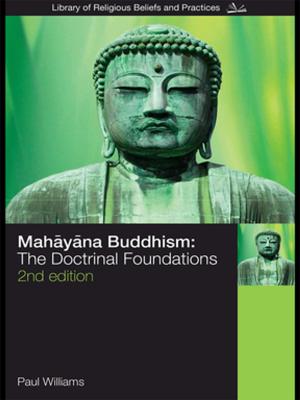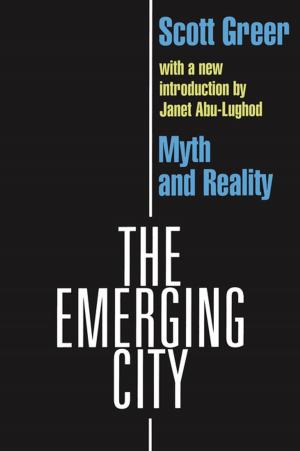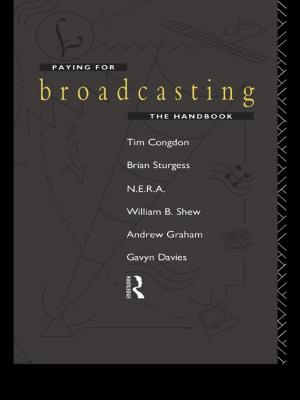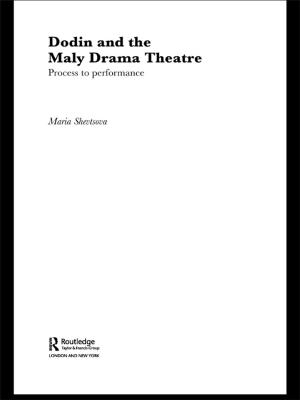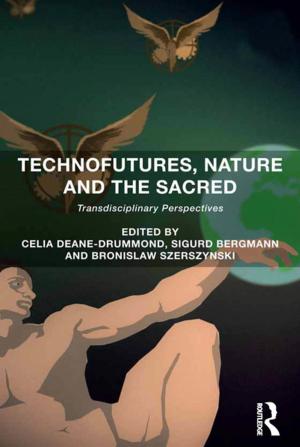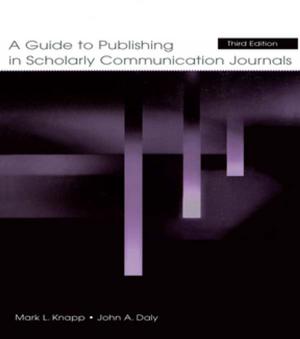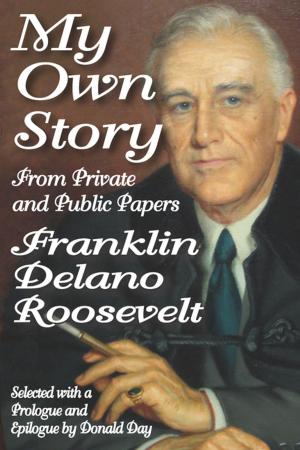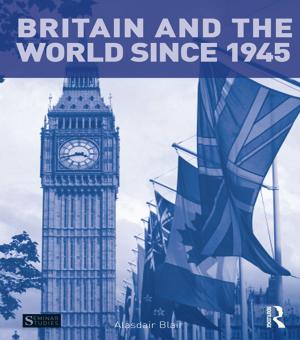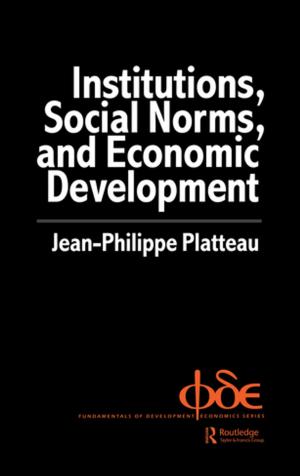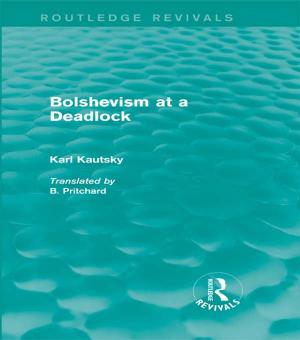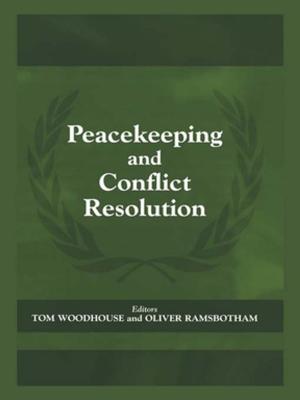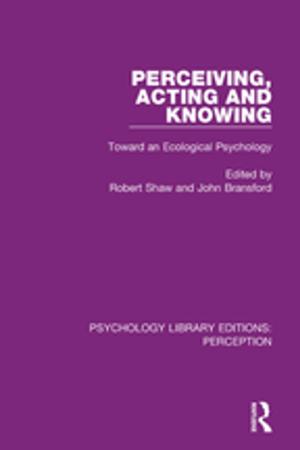Eurocentrism and Development in Korea
Nonfiction, Social & Cultural Studies, Social Science, Sociology| Author: | Jongtae Kim | ISBN: | 9781315308050 |
| Publisher: | Taylor and Francis | Publication: | March 20, 2018 |
| Imprint: | Routledge | Language: | English |
| Author: | Jongtae Kim |
| ISBN: | 9781315308050 |
| Publisher: | Taylor and Francis |
| Publication: | March 20, 2018 |
| Imprint: | Routledge |
| Language: | English |
Under the global hegemony of the West, societies have interpreted the world and defined their identities through the frameworks of Eurocentric discourses. Since the mid-twentieth century, Eurocentrism has tended to be associated with economic developmentalism. The discourse of seonjinguk (developed country) has been a dominant Eurocentric developmental discourse in Korea.
However, in what historical contexts have the Koreans set seonjinguk as their national goal and yardstick to judge nations? What roles have been played by the concept of seonjinguk in Korea? What discursive frameworks did the Koreans use for their national identities and worldviews before the developmental era? Eurocentrism and Development in Korea is the first scholarly approach to those questions. Through a chronological analysis of Korea’s dominant discourses from the late nineteenth century to the present, Kim demonstrates the historical nature of developmentalism and seonjinguk discourse for Korea’s developmental era, and traces their genealogy to gaehwa (enlightenment) and munmyeong (civilization) discourses from a sociological historical perspective.
Providing essential knowledge about Korea’s history of Eurocentrism, developmentalism and national change, this enlightening monograph will appeal to undergraduate and postgraduate students, as well as postdoctoral researchers, interested in fields such as Korean Studies, Development Studies and Global Sociology.
Under the global hegemony of the West, societies have interpreted the world and defined their identities through the frameworks of Eurocentric discourses. Since the mid-twentieth century, Eurocentrism has tended to be associated with economic developmentalism. The discourse of seonjinguk (developed country) has been a dominant Eurocentric developmental discourse in Korea.
However, in what historical contexts have the Koreans set seonjinguk as their national goal and yardstick to judge nations? What roles have been played by the concept of seonjinguk in Korea? What discursive frameworks did the Koreans use for their national identities and worldviews before the developmental era? Eurocentrism and Development in Korea is the first scholarly approach to those questions. Through a chronological analysis of Korea’s dominant discourses from the late nineteenth century to the present, Kim demonstrates the historical nature of developmentalism and seonjinguk discourse for Korea’s developmental era, and traces their genealogy to gaehwa (enlightenment) and munmyeong (civilization) discourses from a sociological historical perspective.
Providing essential knowledge about Korea’s history of Eurocentrism, developmentalism and national change, this enlightening monograph will appeal to undergraduate and postgraduate students, as well as postdoctoral researchers, interested in fields such as Korean Studies, Development Studies and Global Sociology.

